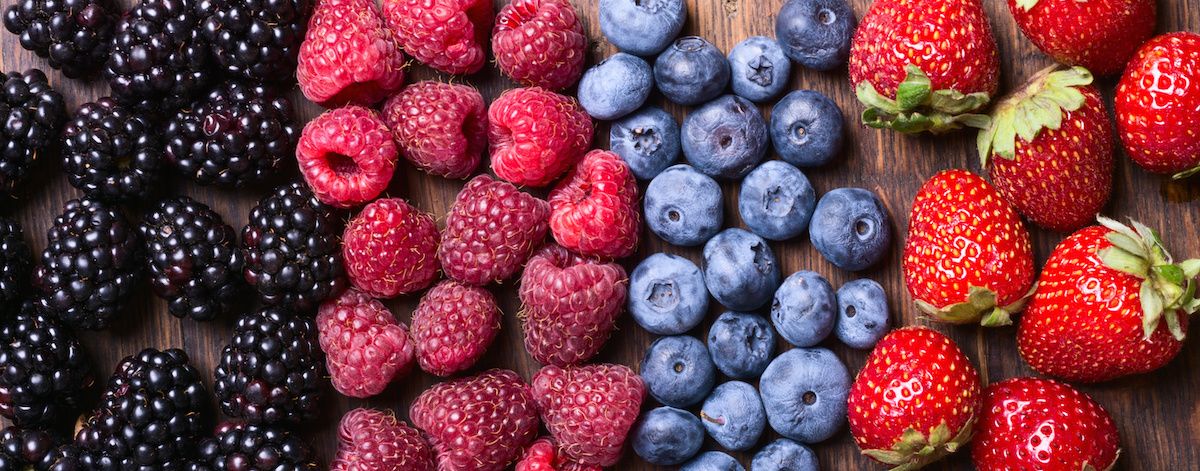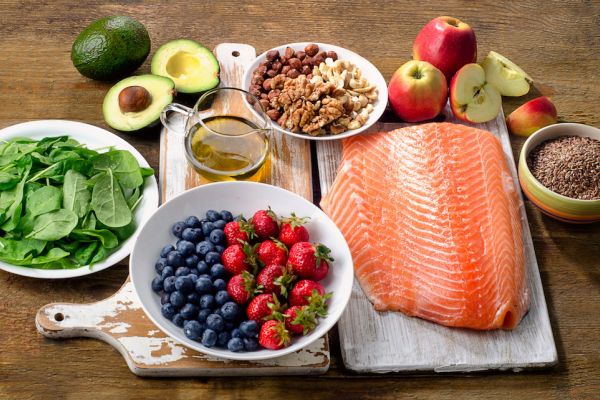Berries contain nutrients that can help prevent cancer
Summer is when lots of delicious and nutritious local produce comes into season. As we head into July, you’ll see loads of colorful berries popping up at local farmers markets.
There are numerous varieties of berries available throughout the summer months. The most common types are blueberries, strawberries and brambles — which include blackberries, raspberries and other fun berries like loganberries and boysenberries. Most of these are native to North America and have been harvested for thousands of years by Indigenous Americans.
When berries are not in season locally, such as during the winter, they are often shipped into supermarkets from countries such as Mexico, Guatemala and Chile. This long journey can increase the cost and cause the berries to lose some of their flavor and nutrition, so it can be worth freezing in-season berries yourself. You can also buy frozen berries year-round!
Health benefits of berries
All types of berries provide fiber, which is beneficial for both gastrointestinal health and cardiovascular health. Certain varieties also contain vitamins such as vitamin C, and minerals such as folate and potassium. Phytochemicals such as ellagitannins, flavonoids (anthocyanins, catechins, kaempferol and quercetin), pterostilbene and resveratrol also are found in berries. These plant compounds may decrease free radical damage to DNA that leads to cancer.
Tips for choosing, storing, and preparing berries
- Look for firm, plump fruit without any visible bruises or moldy spots. Blueberries should have smooth skin and strawberries should be glossy. Look for deep coloring — especially for strawberries. Since they start out white, traces of white near the stem could signal an under-ripe berry. Blueberries may have a faint white coating on them. This is called bloom and occurs naturally to help protect the berries.
- Eat berries within a few days. They are extremely perishable.
- Remove damaged berries before refrigerating, then refrigerate immediately.
- Don’t wash berries until ready to use, and be sure to wash thoroughly before eating. Note: Some cancer patients may be instructed to avoid fresh berries if they are immunocompromised, so talk to your dietitian or doctor if you have any questions.
- Freeze in a single layer on a tray in the freezer. Once frozen, transfer to a plastic freezer bag.
Ways to enjoy berries
- Add a mixture of colorful berries to a yogurt parfait, salad or cheese plate.
- Pair blueberries with pork and duck as a glaze or jam, or use as a salsa to top off grilled chicken. If baking with blueberries, such as for whole grain blueberry muffins, add a bit of buttermilk or yogurt. The pigments in blueberries (called anthocyanins) turn green when cooked with ingredients like baking soda, so this addition of acid will help prevent the color change!
- Pair versatile strawberries with vanilla, black pepper, rhubarb and other berries.
Looking for more nutrition tips this summer?
Roswell Park's clinical dietitians cover a variety of topics related to cancer and nutrition.
Learn more


